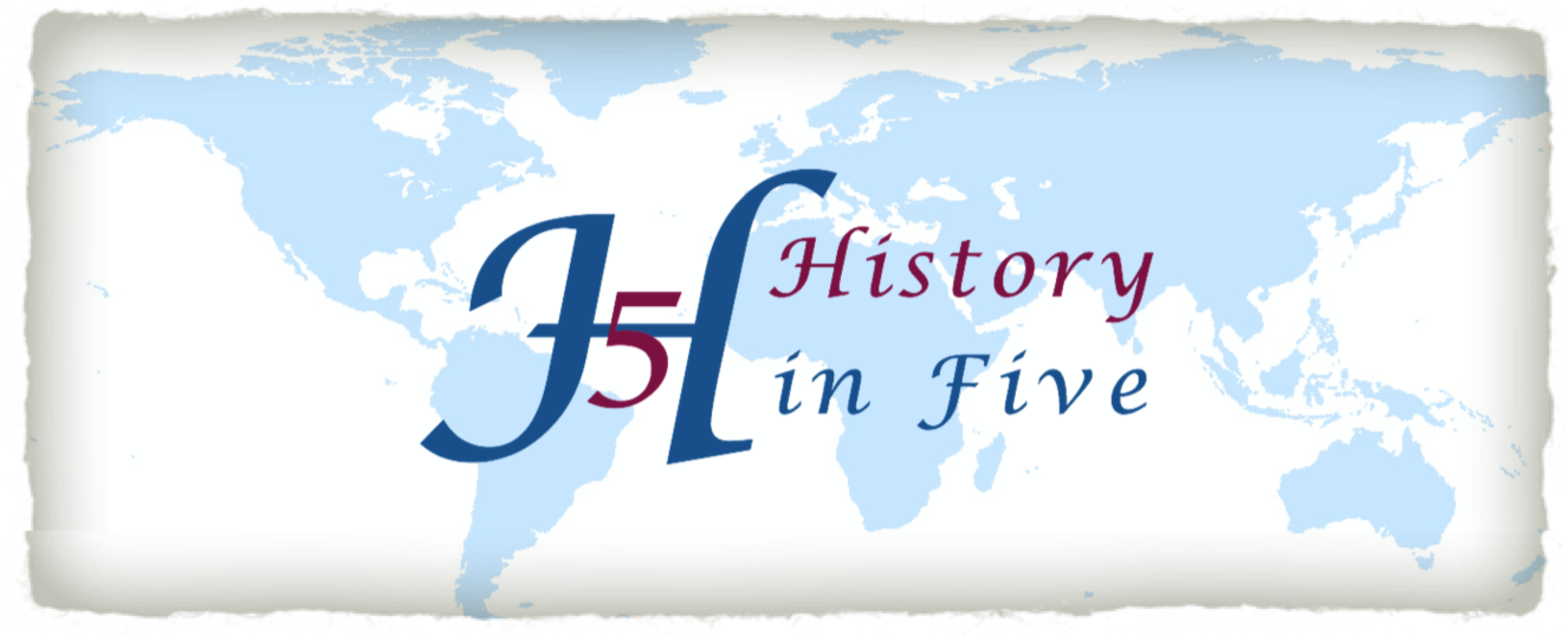Back to the video list: German History
The Franco-Prussian War is the last of the three Wars of German Unification. Its main result is the foundation of the German Empire in Versailles in January 1871. The two previous wars in this context were the German-Danish War / Second Schleswig War(1864) and the Austro-Prussian War / The German War (1866).
Video
Overview
- Date: 19 Jul 1870 – 10 May 1871
- Location: France & the Rhine area
- Start: France declares war on Prussia
- End: Peace of Frankfurt (German victory)
Parties & Persons Involved
- North German Confederation, led by Pussia
- Bavaria
- Württemberg
- Baden
- France
- Napoleon III (1808 – 1873), French Emperor
- Otto von Bismarck (1815 – 1898), Prussian minister-president
- Helmuth von Moltke (1811 – 1881), Prussian General
Background
- Prussia is a great power in Europe & the hegemonial power in Germany
- Interests of Prussia & France collide at the Rhine
- Prussia prevents French plans annexing Belgium & Luxembourg through diplomatic means
- The French Emperor Napoleon III is under pressure in France because of:
- Republican movements
- Defeats in foreign affairs, i.e. Prussia’s gain of influence (see above) & a failed intervention in Mexico (1861-1867)
- Diplomatic conflict between France & Prussia because a member of the house of Hohenzollern could ascend to the Spanish throne
- This diplomatic conflict leads to the Ems Dispatch (casus belli for France)
- Alliance policy:
- Neutrality of the European powers
- Prussia maintains defensive alliances with all German states
History
Build-up of the War
- 1860 – 1870: Domestic political pressure is mounting for emperor Napoleon III
- 1868 – 1870: Diplomatic conflict between France & Prussia regarding the Spanish succession
- 13 Jul 1870: Releasing of the Ems Dispatch
- 19 Jul 1870: France declares war on Prussia; the German states identify themselves with the Prussian case
Ems Dispatch Incident
- French Ambassador demands that the Prussian King & his family abandon all future claims to the Spanish throne
- The king’s reaction is polite & reserved
- Bismarck shortens a report of the meeting so that it seems to offend the French
- Norddeutsche Allgemeine Zeitung (newspaper) prints the Ems Dispatch
Franco-Prussian War & German Unification (Foundation of the German Empire)
- Aug 1870: German victories in the battles of Weißenburg (04), Wörth (06), Spichern (06), Vionville (16) & Gravelotte (18)
- 18 Aug 1870: Retreat of the French army to Metz
- From 20 Aug. 1870: Siege of Metz
- 30 Aug 1870: French relief troops are defeated at Beaumont & withdraw to Sedan
- 02 Sep 1870: Decisive German victory in the Battle of Sedan; Capture of emperor Napoleon III
- 04 Sep 1870: Proclamation of the Third Republic
- From 19 Sep 1870: Siege of Paris
- From 27 Oct 1870: German forces fight newly assembled French troops after Metz surrenders
- 01 Jan 1871: Foundation of the German Empire
- 18 Jan 1871: Wilhelm I of Prussia is proclaimed German Emperor in Versailles
- 26 Feb 1871: Prepeace of Versailles
- 10 May 1871: Peace of Frankfurt
Consequences & Impact
- Baden, Württemberg & Bavaria join the North German Confederation & together they form the German Empire (Deutsches Reich)
- Unification of Germany is the basis for her growing strength & ambitions as a global power
- The king of Prussia is German Emperor (Kaiser) & Prussia is the hegemon within the empire
- France loses Alsace-Lorraine to Germany
- The Third Republic in France
- The French-German hereditary enmity grows which is thee ssential precondition for World War I
